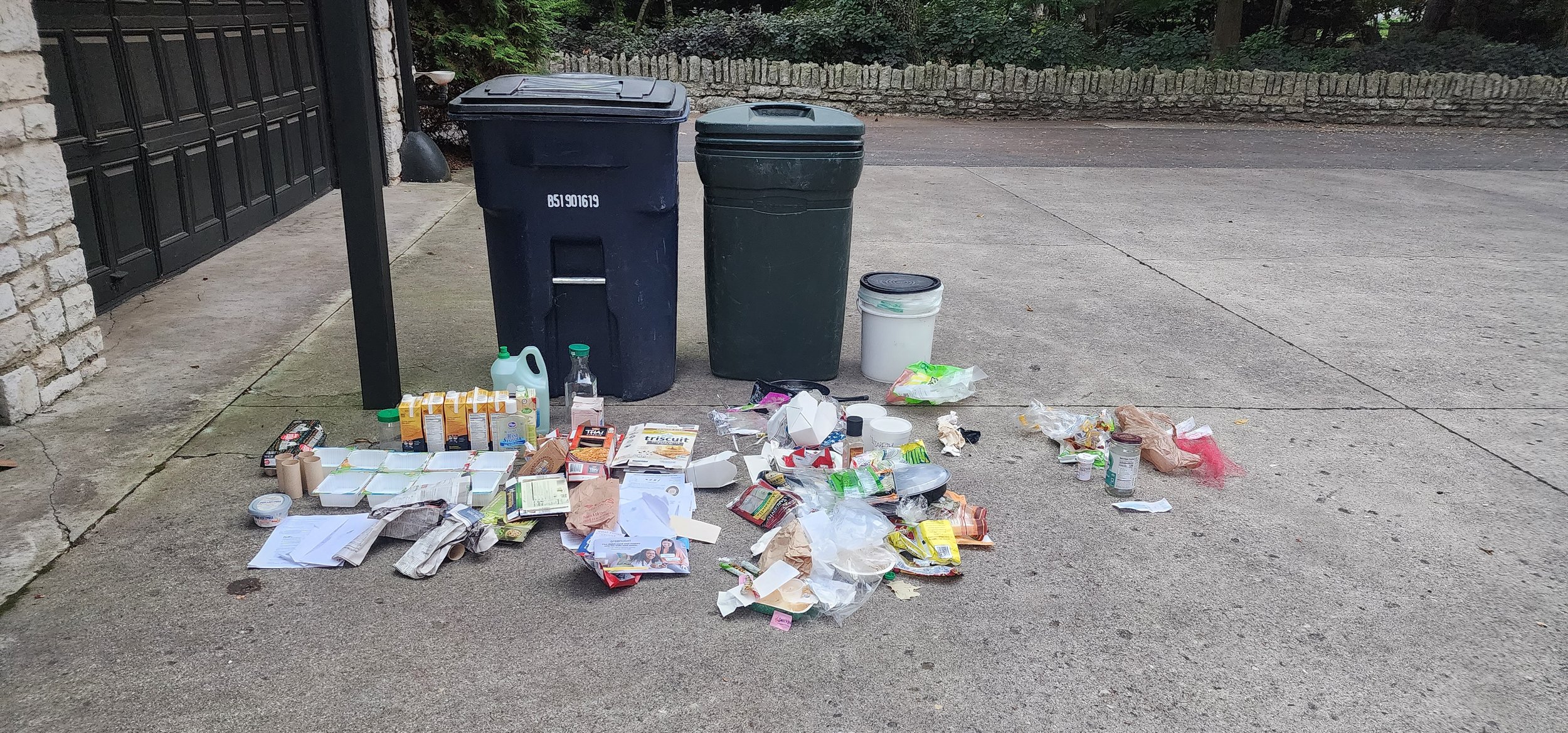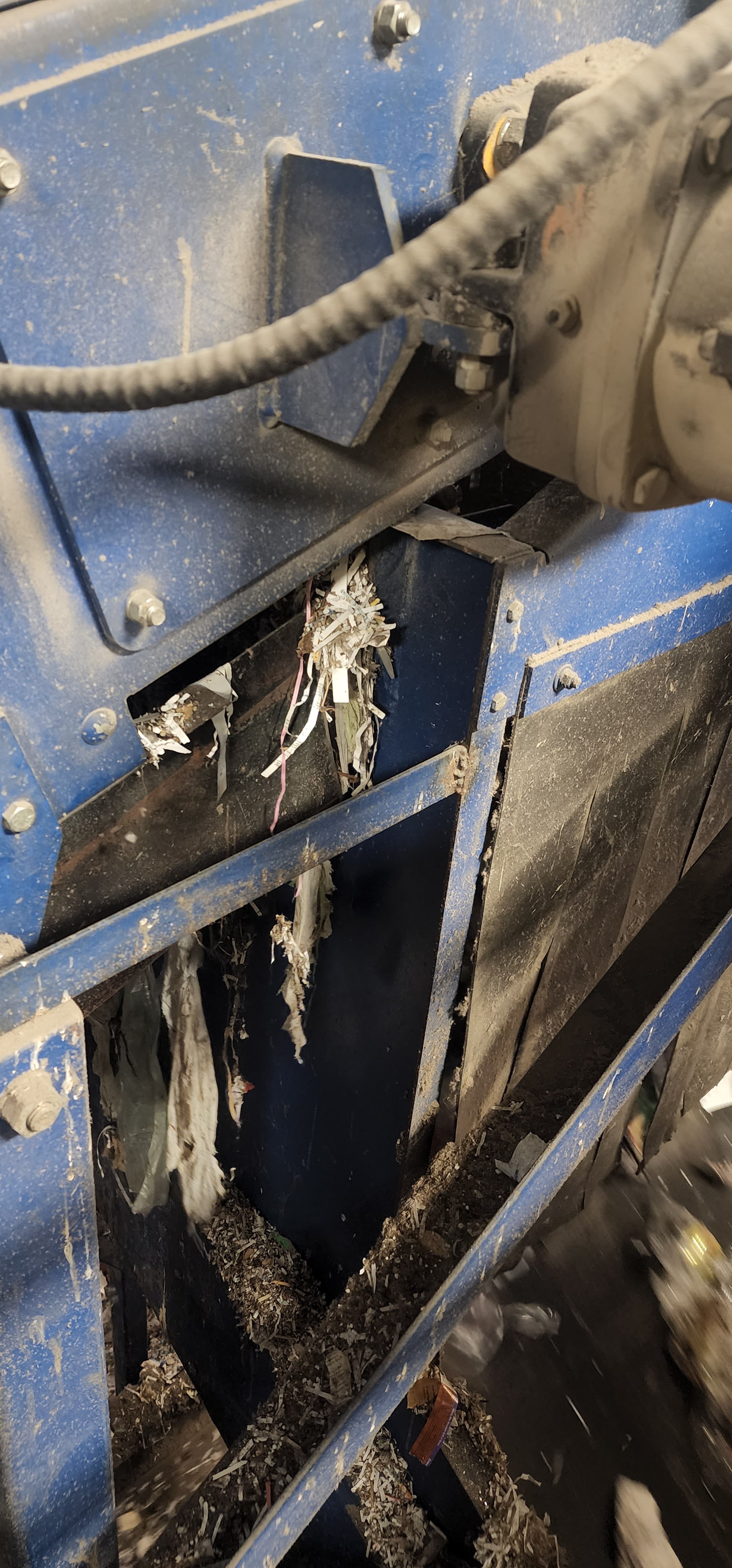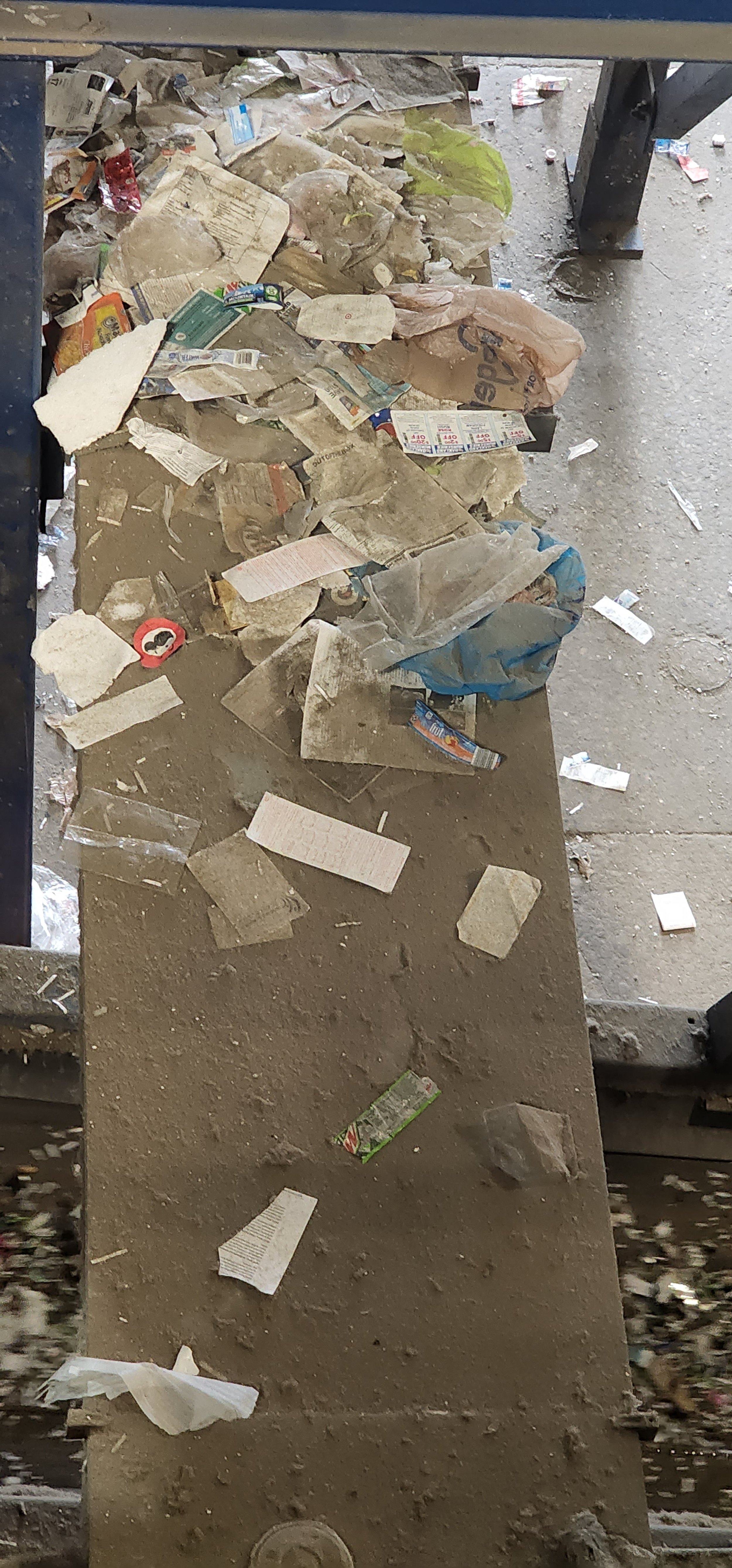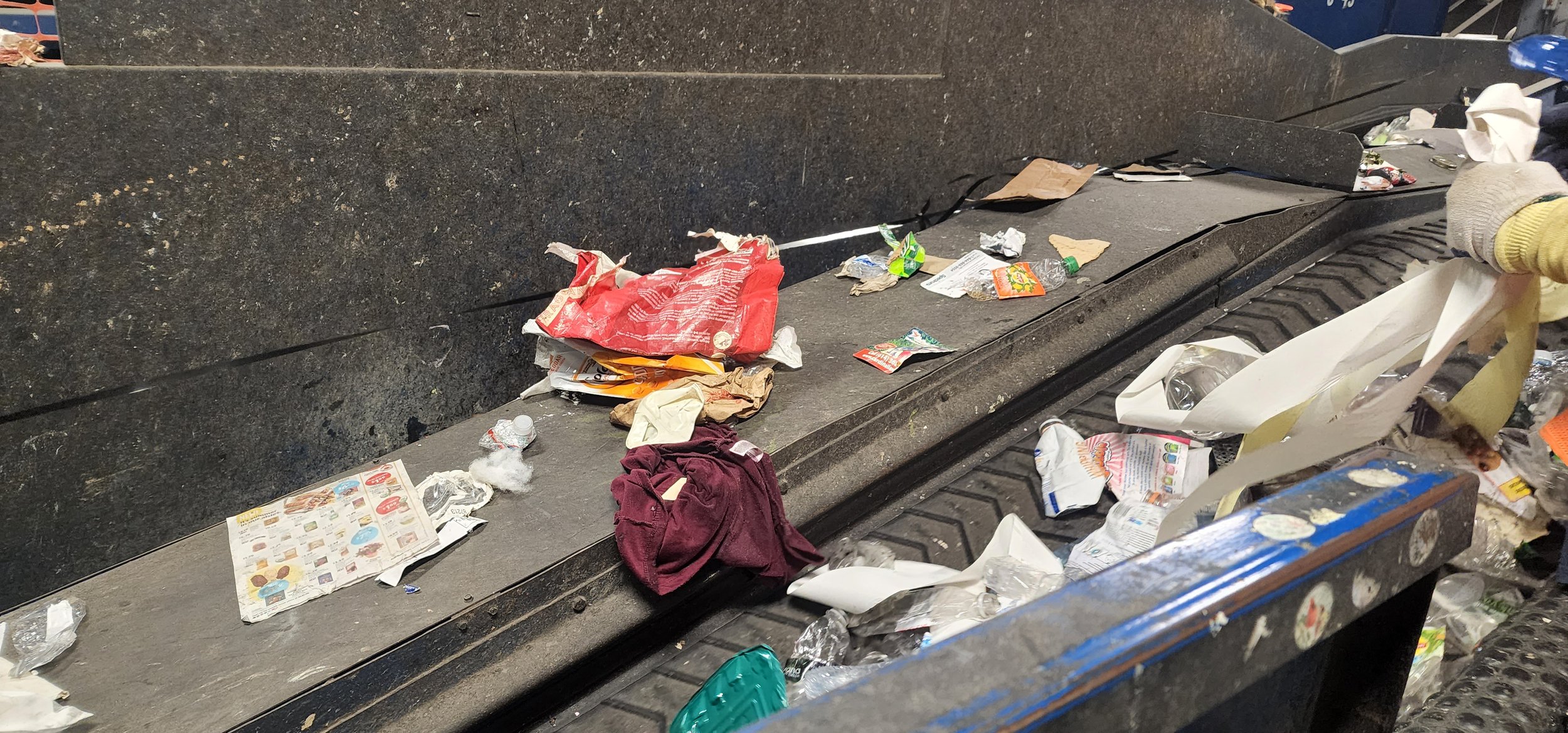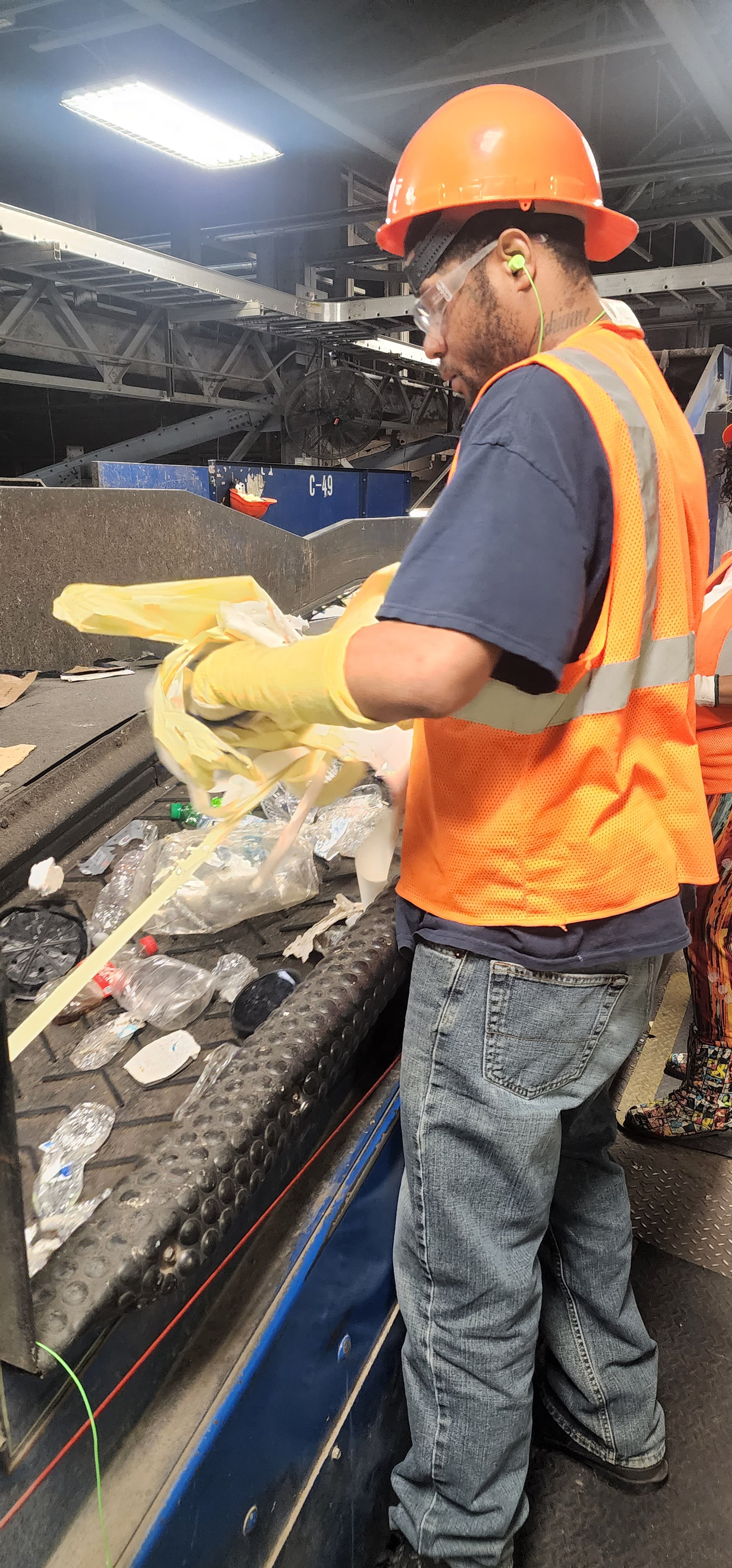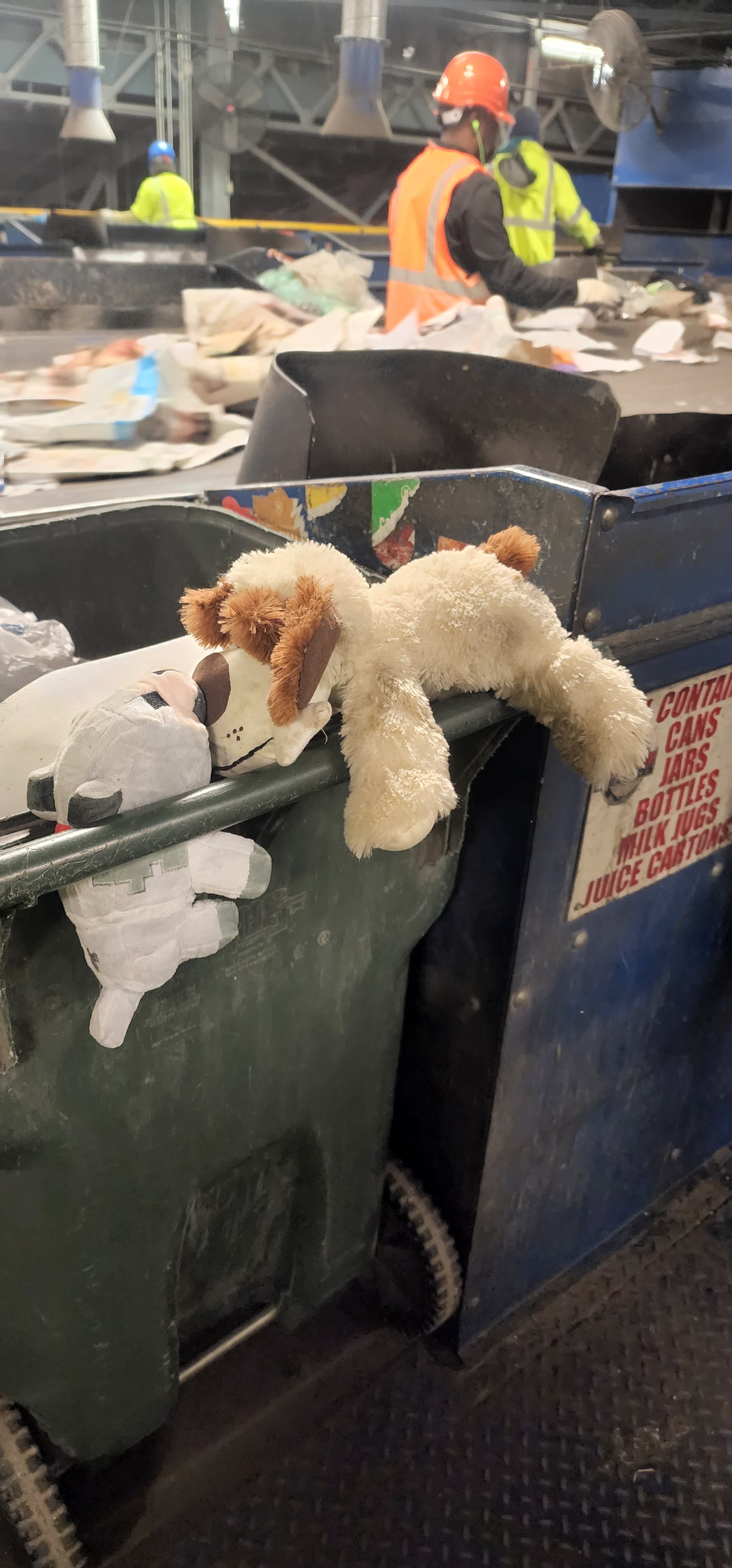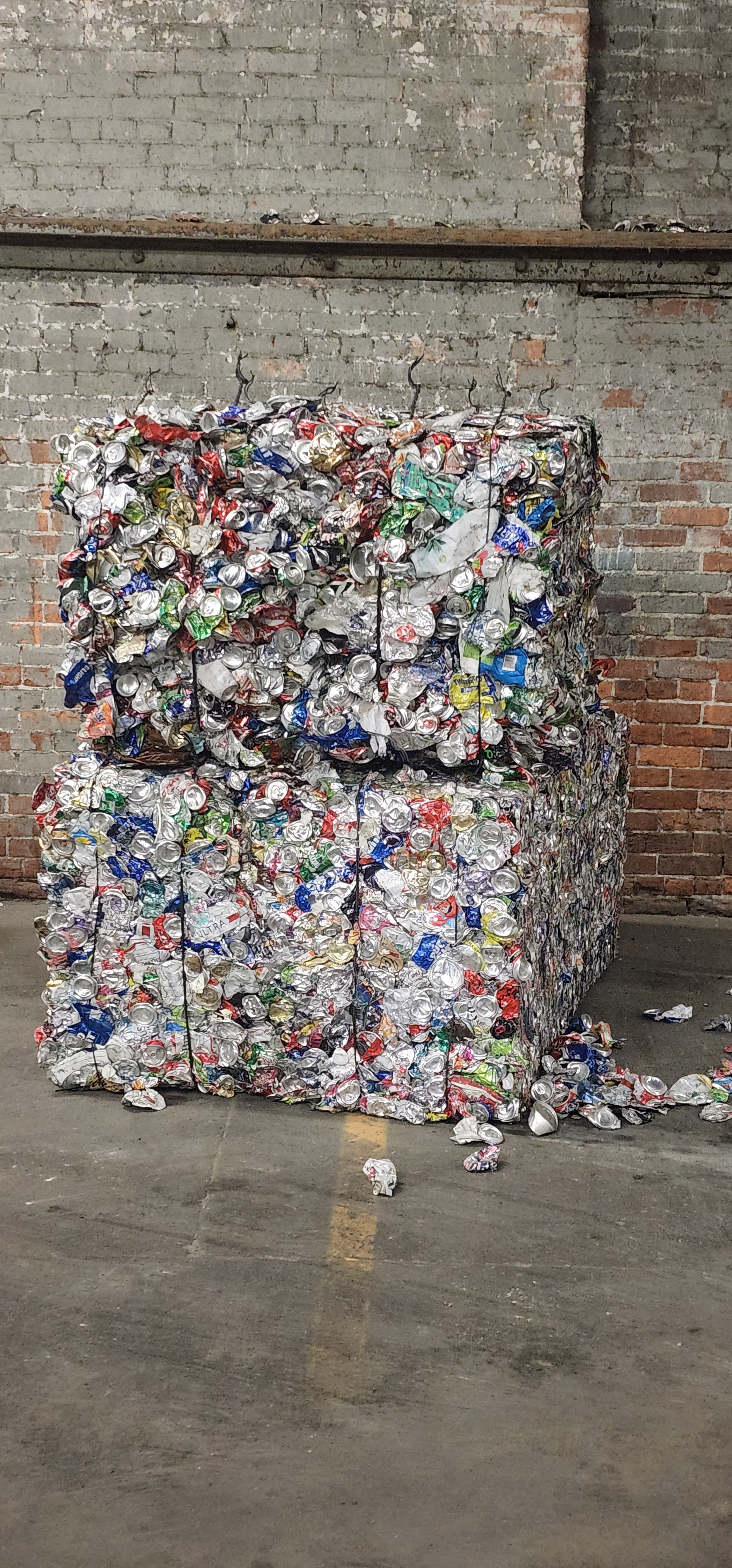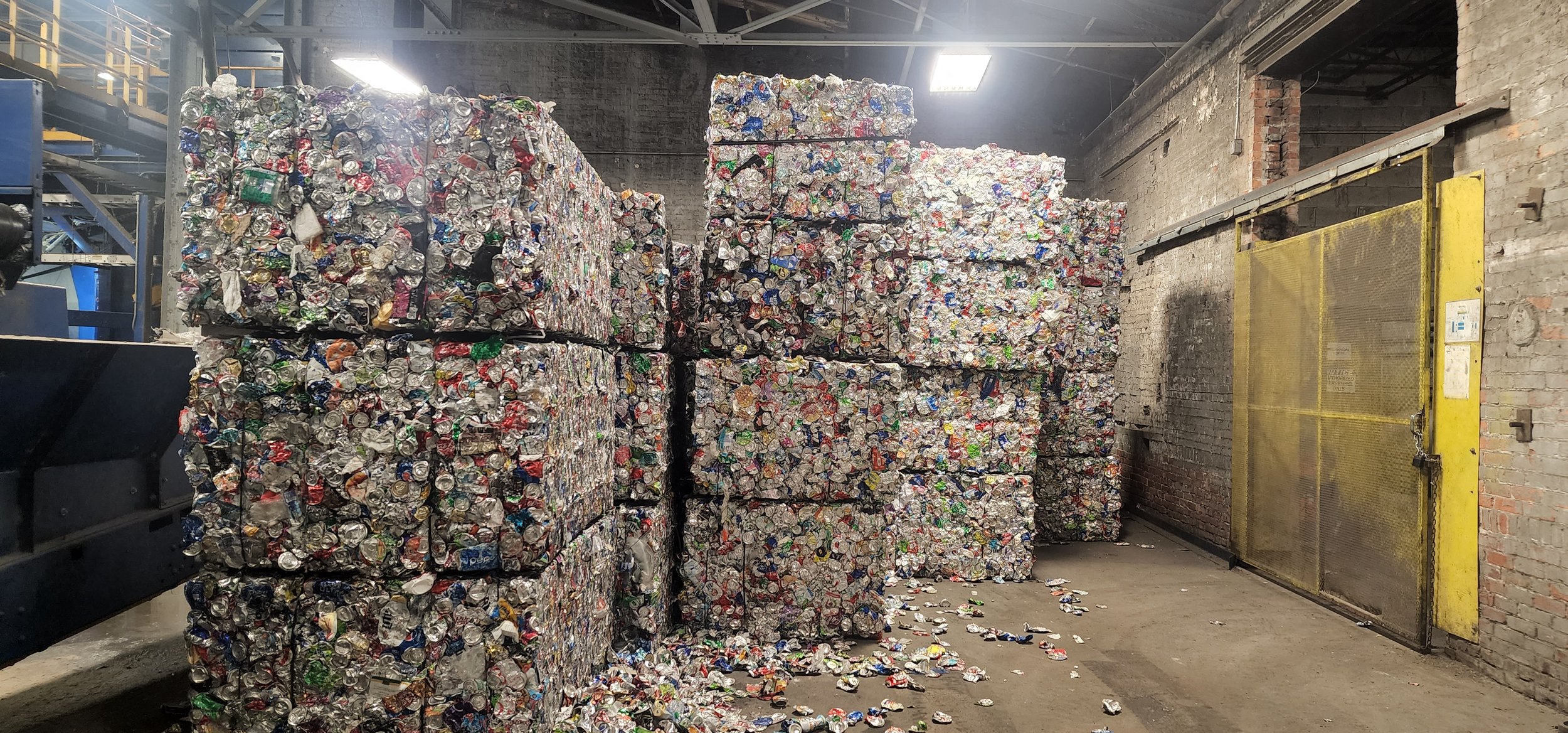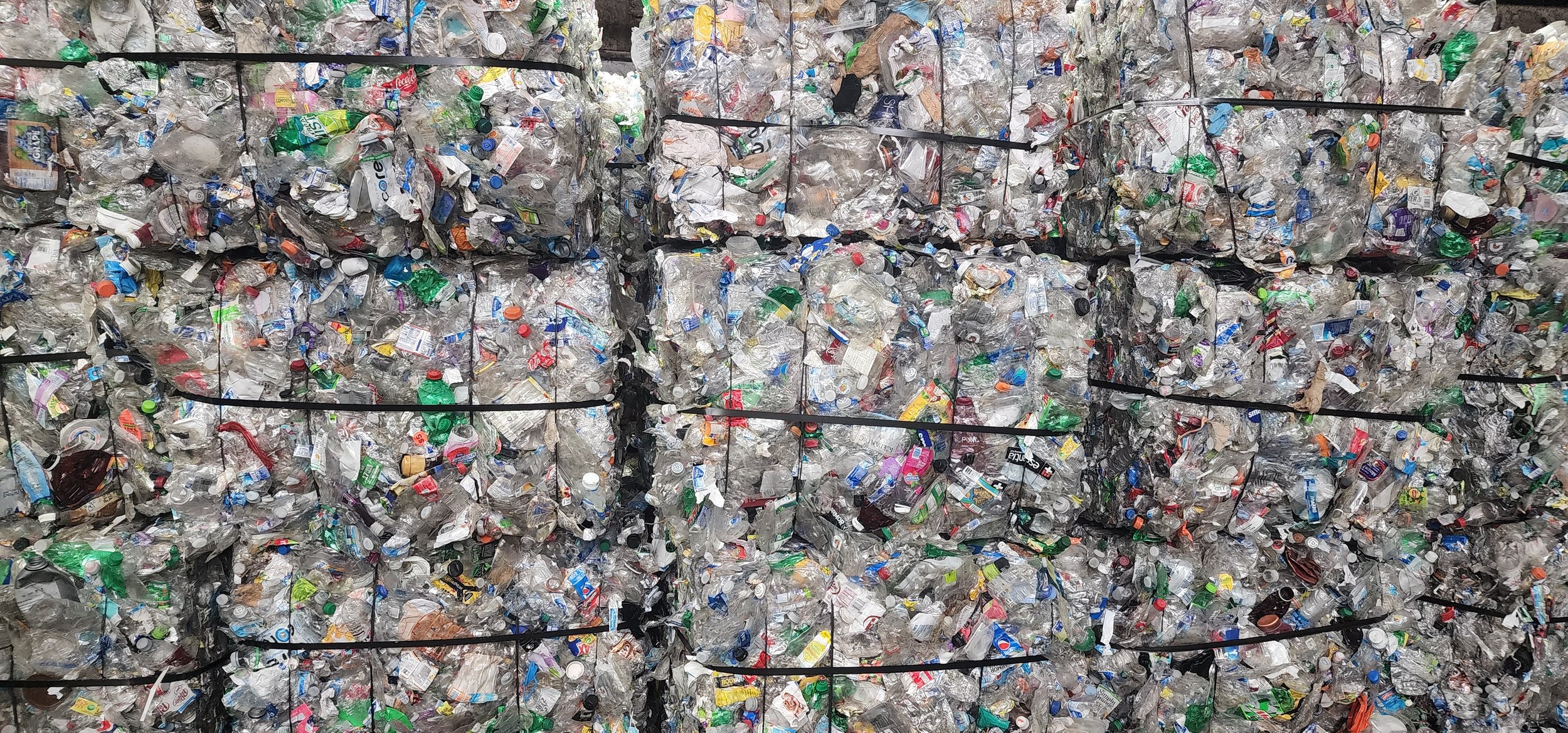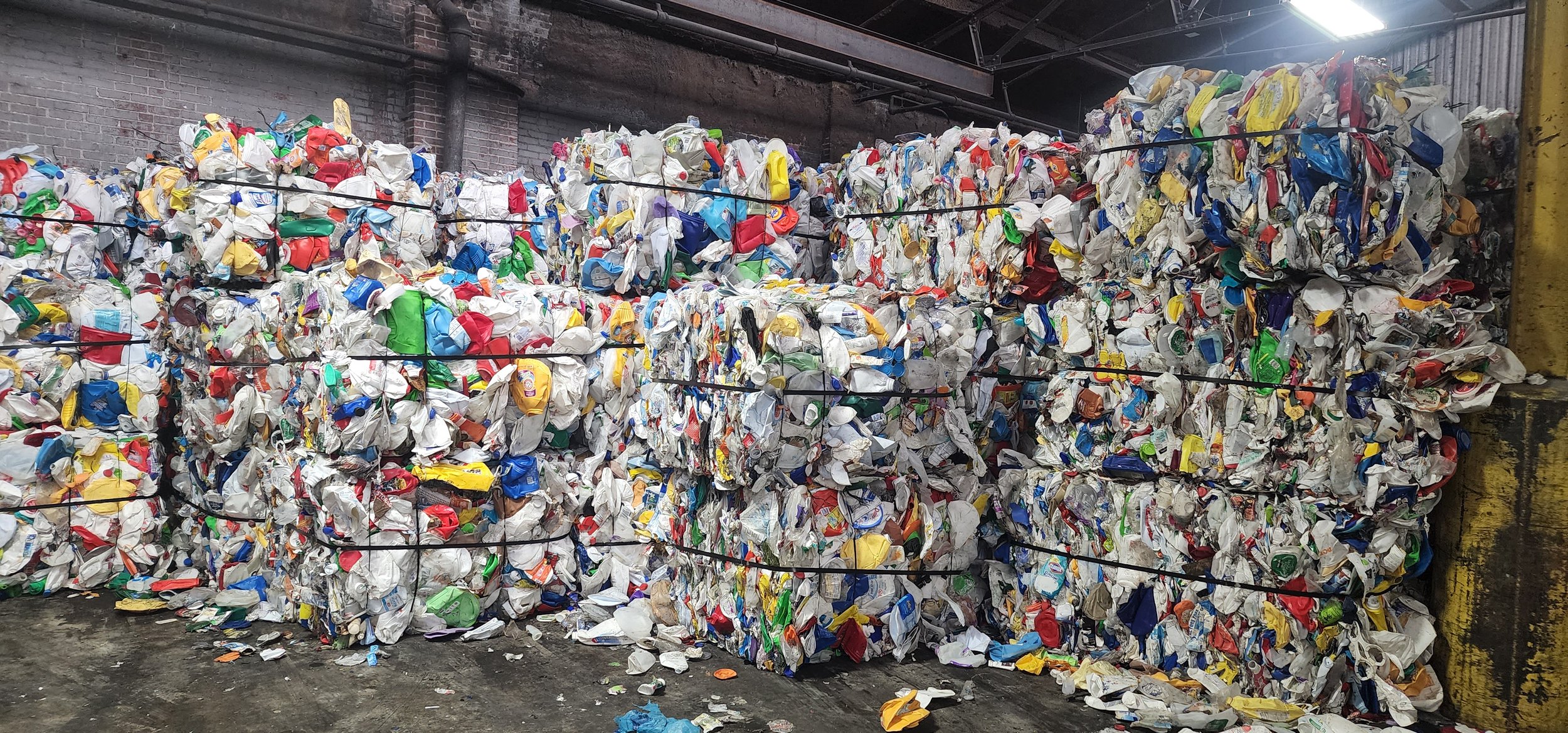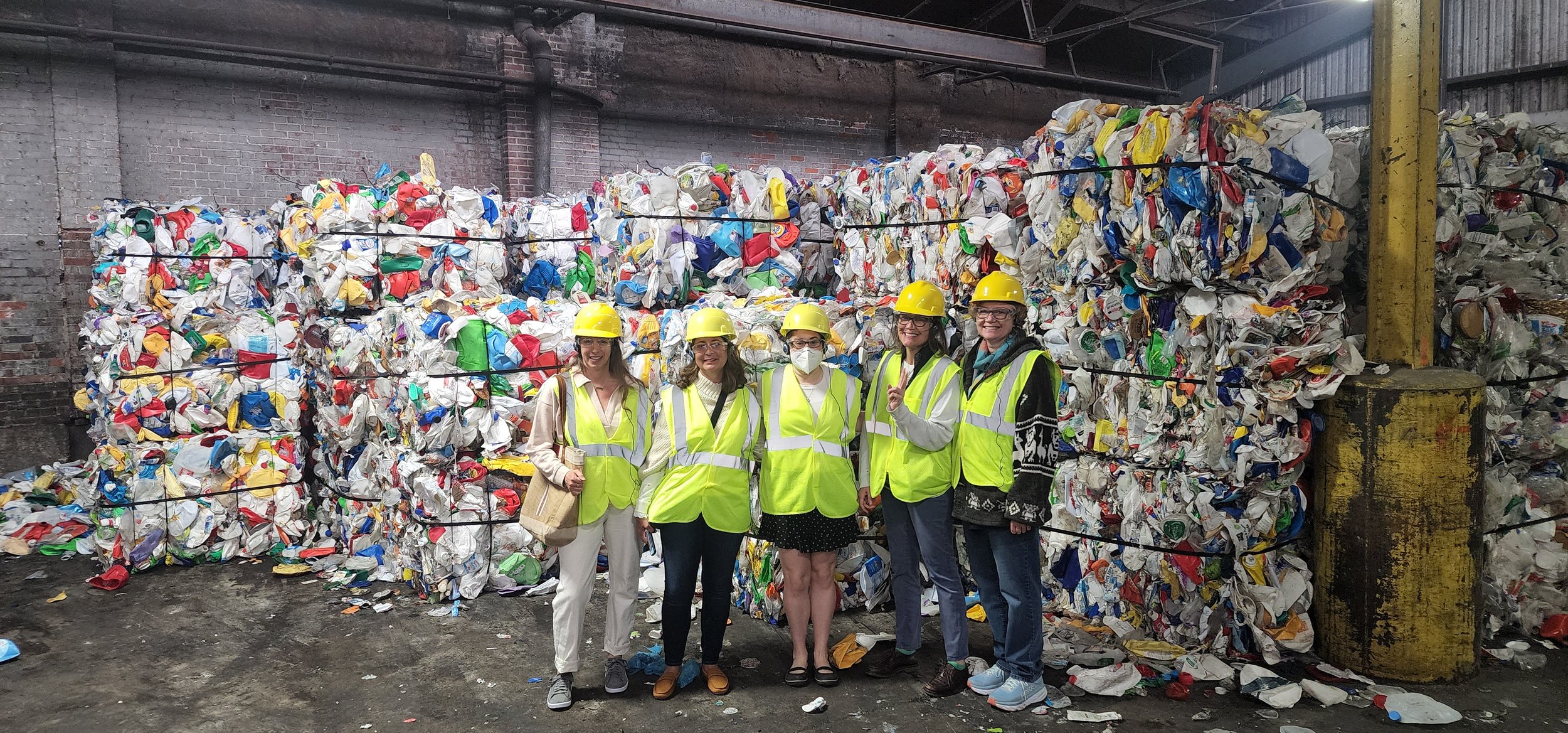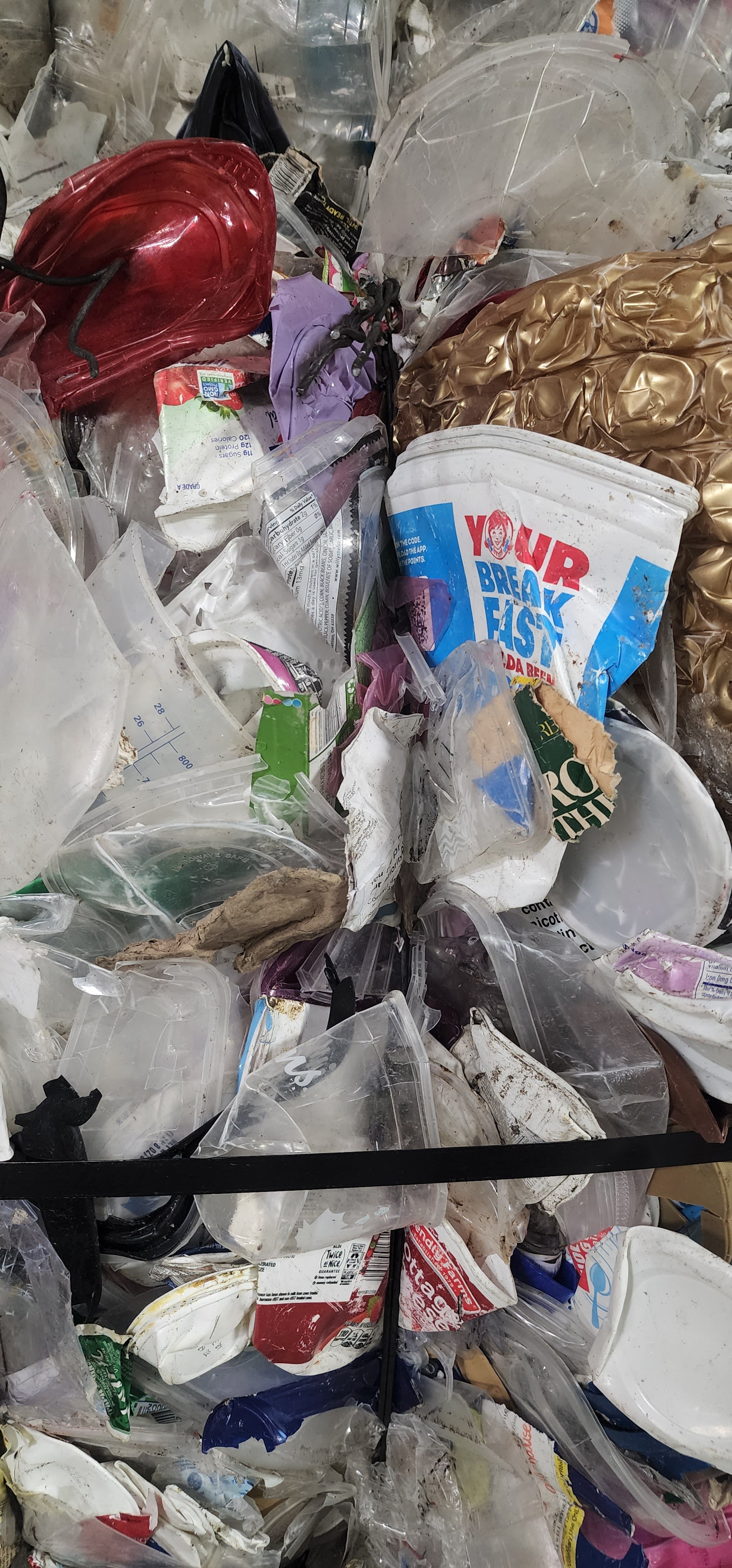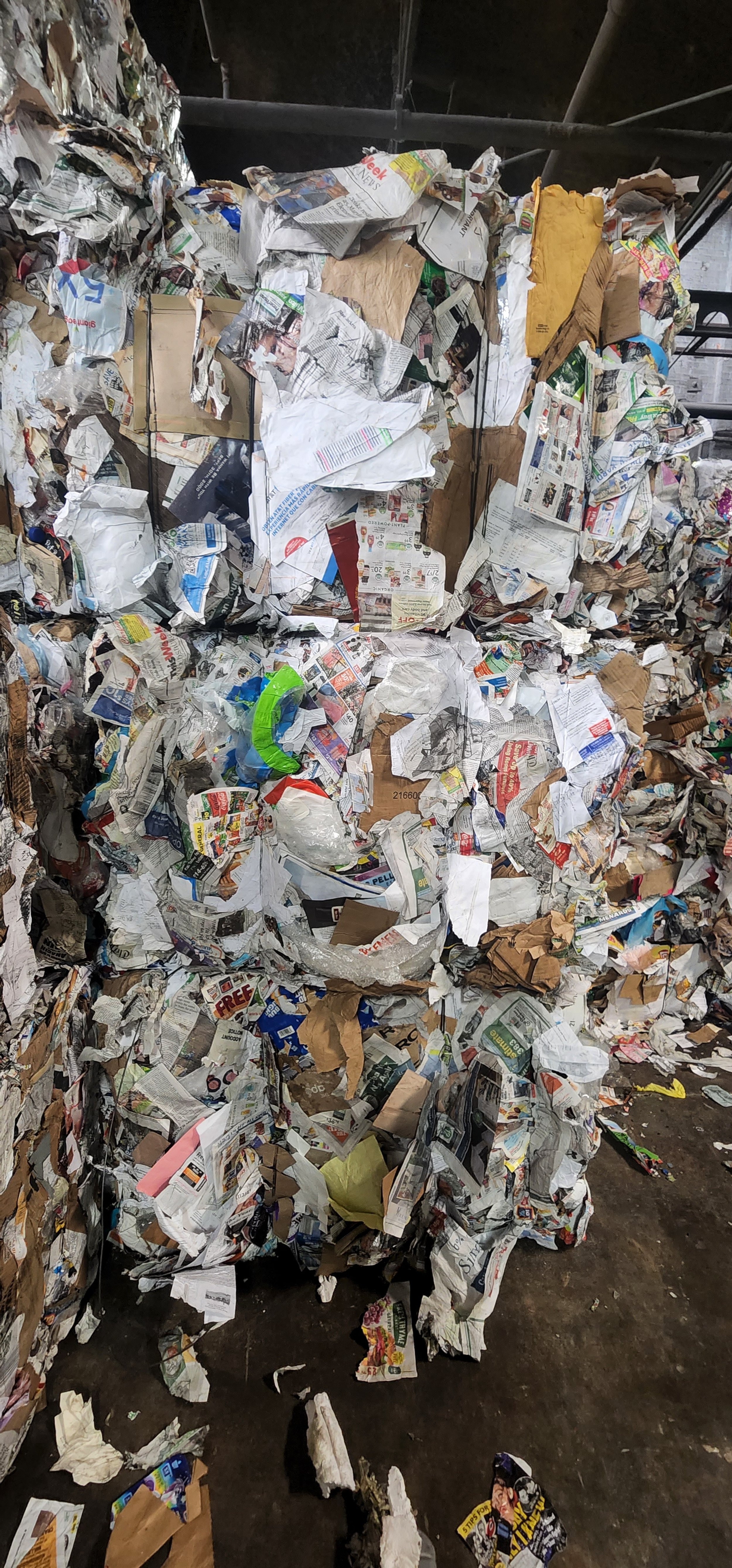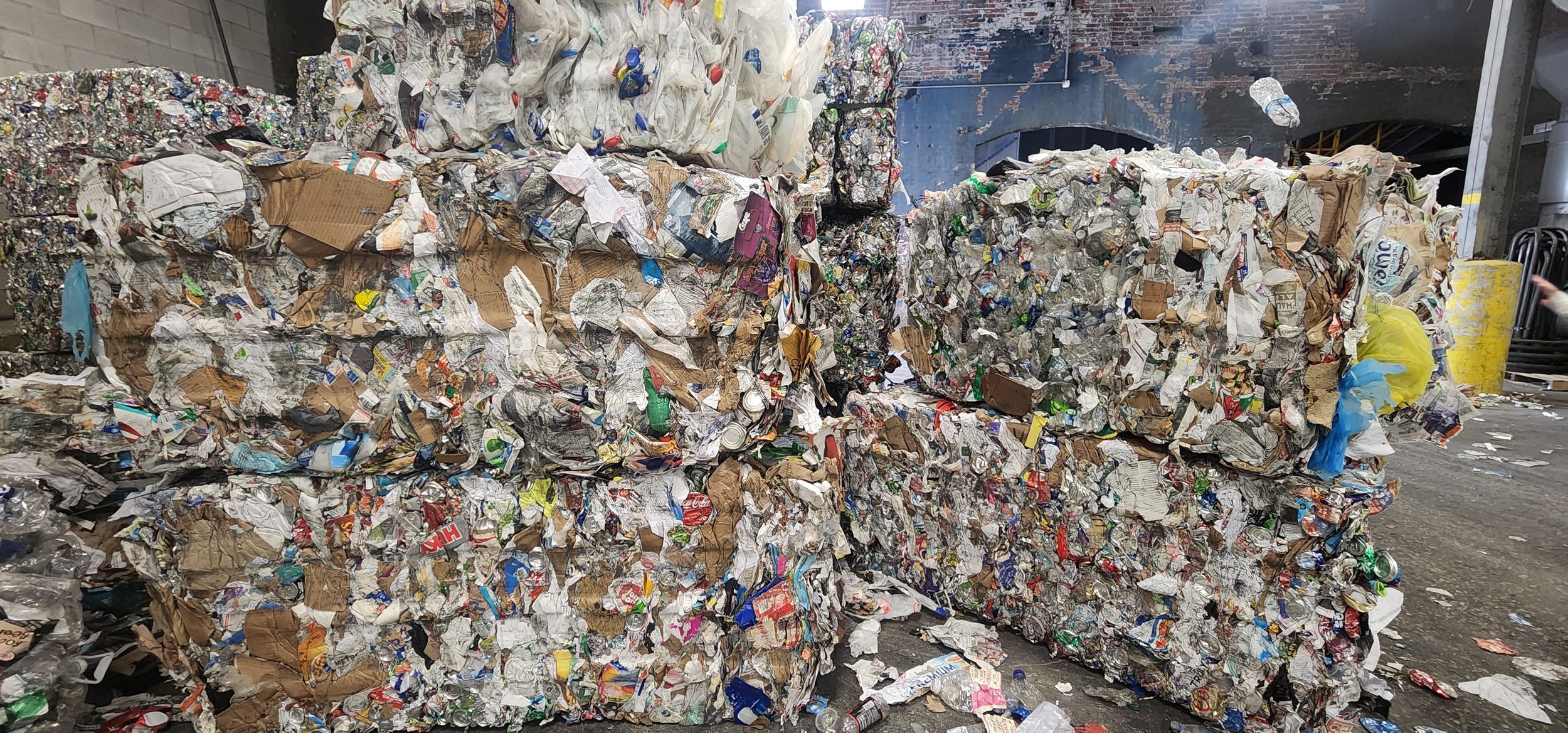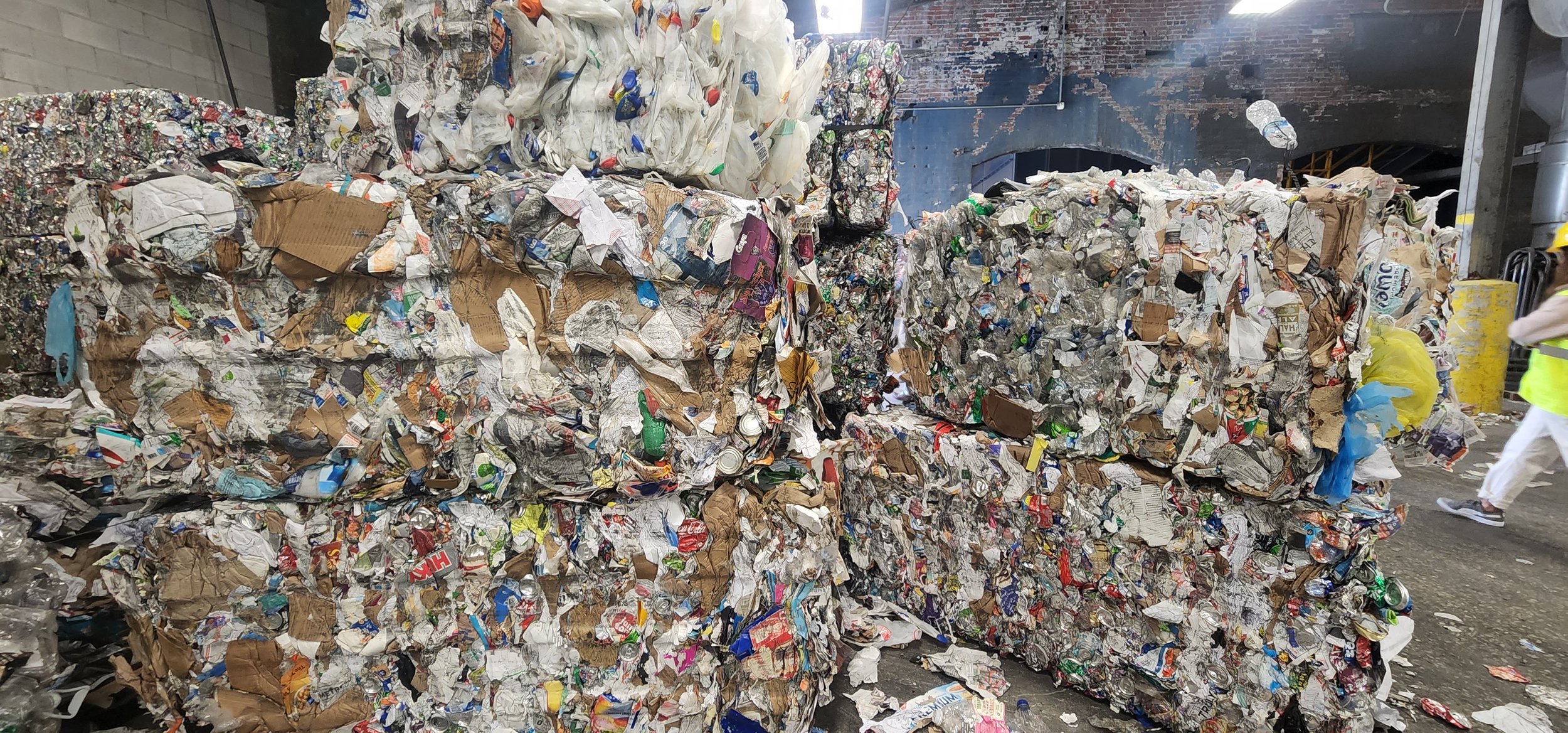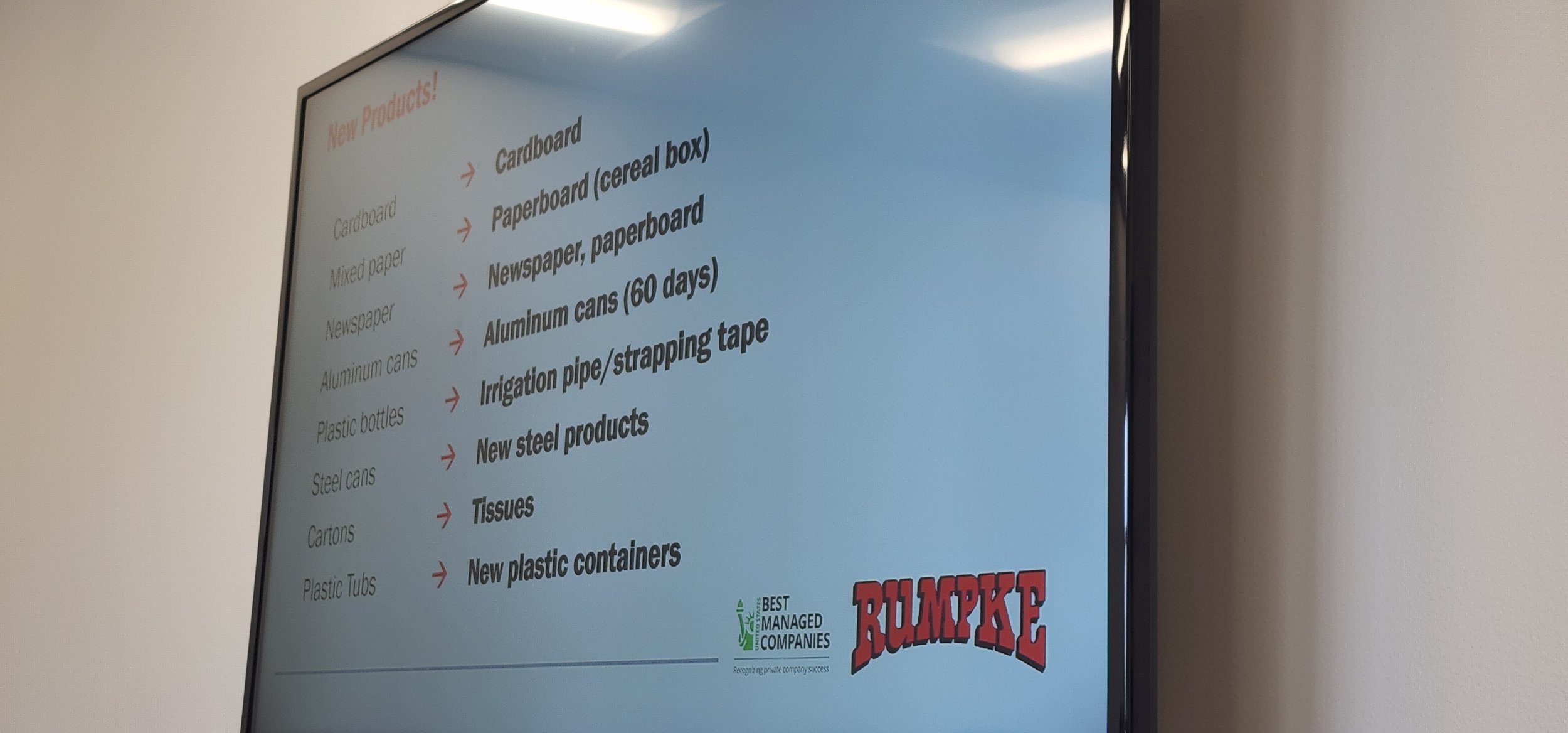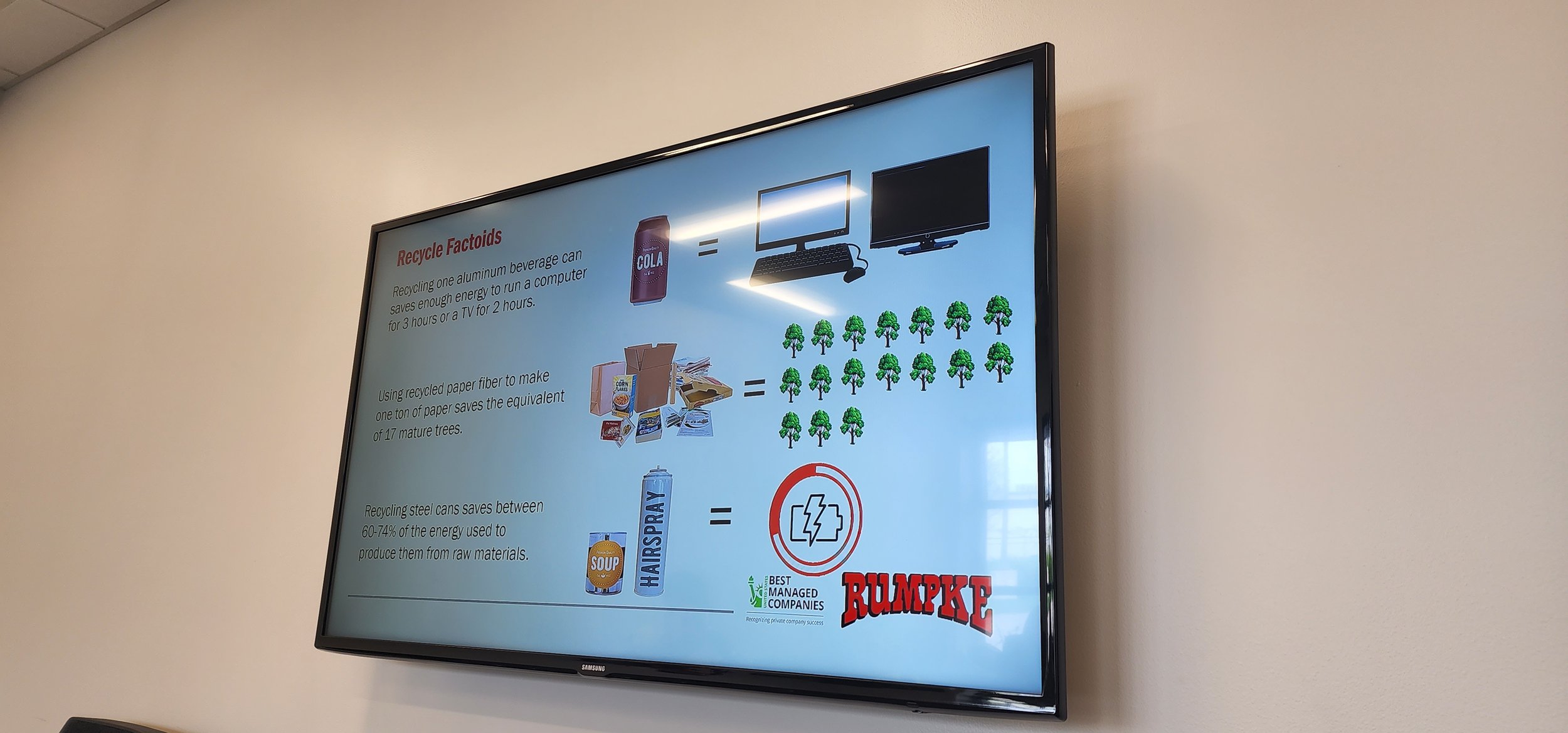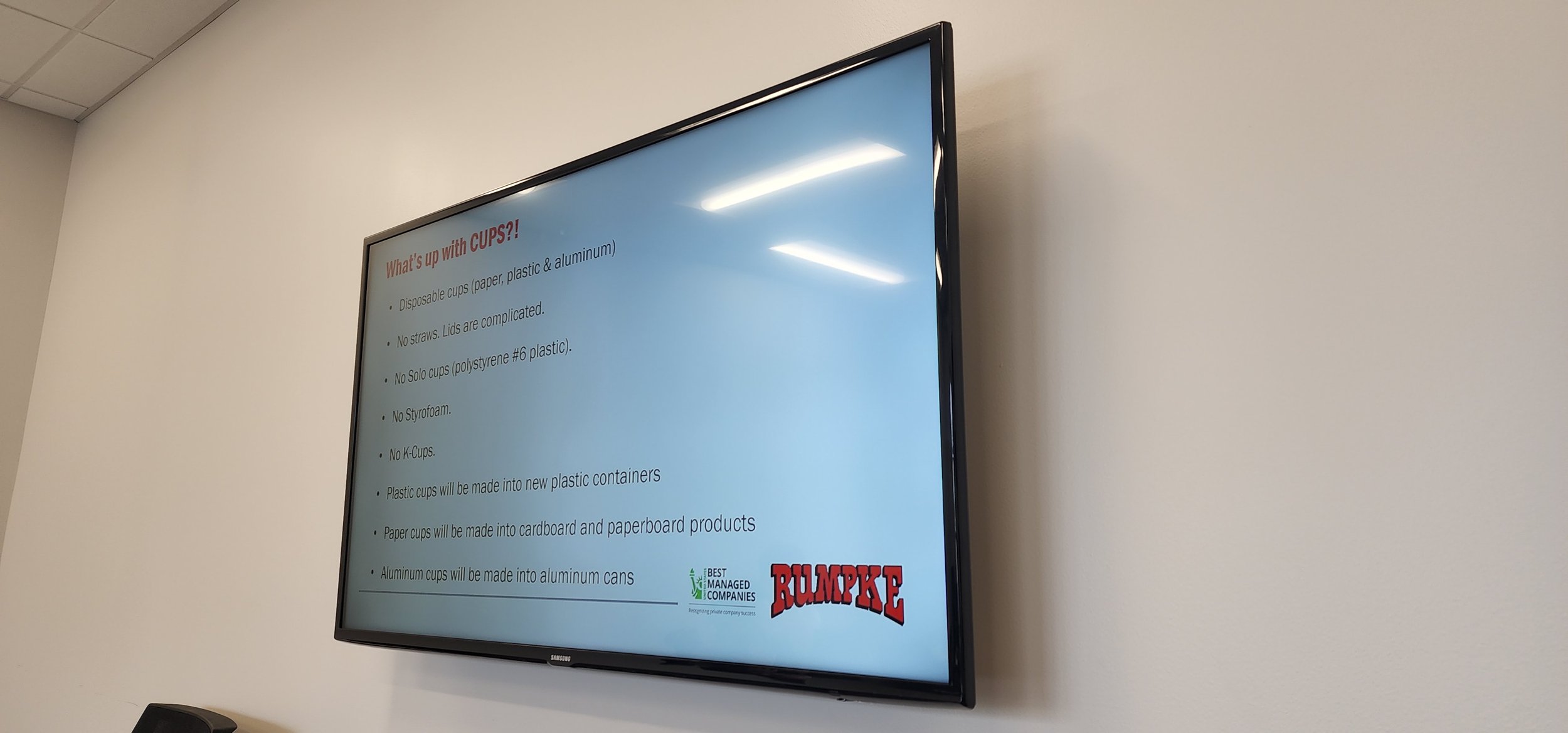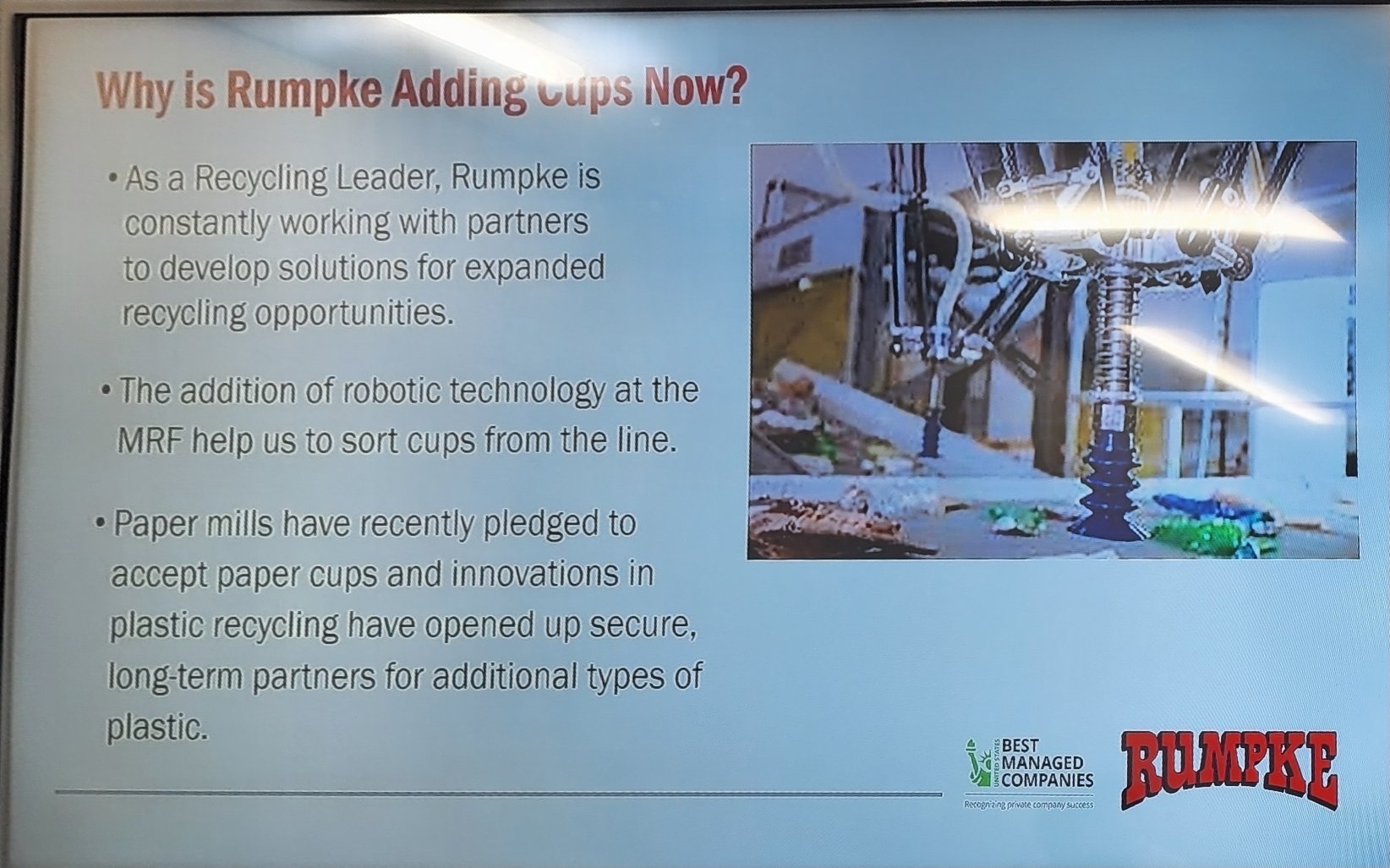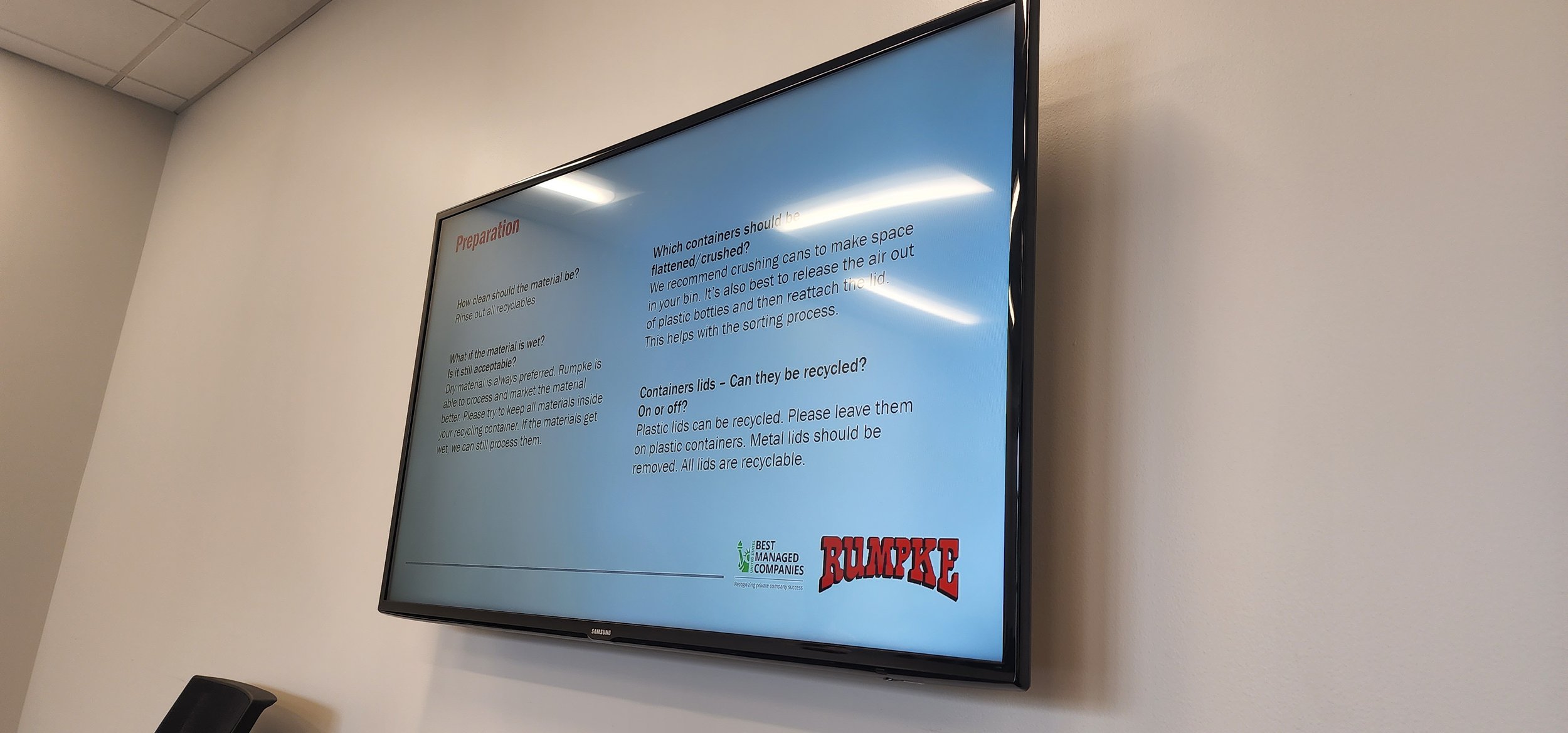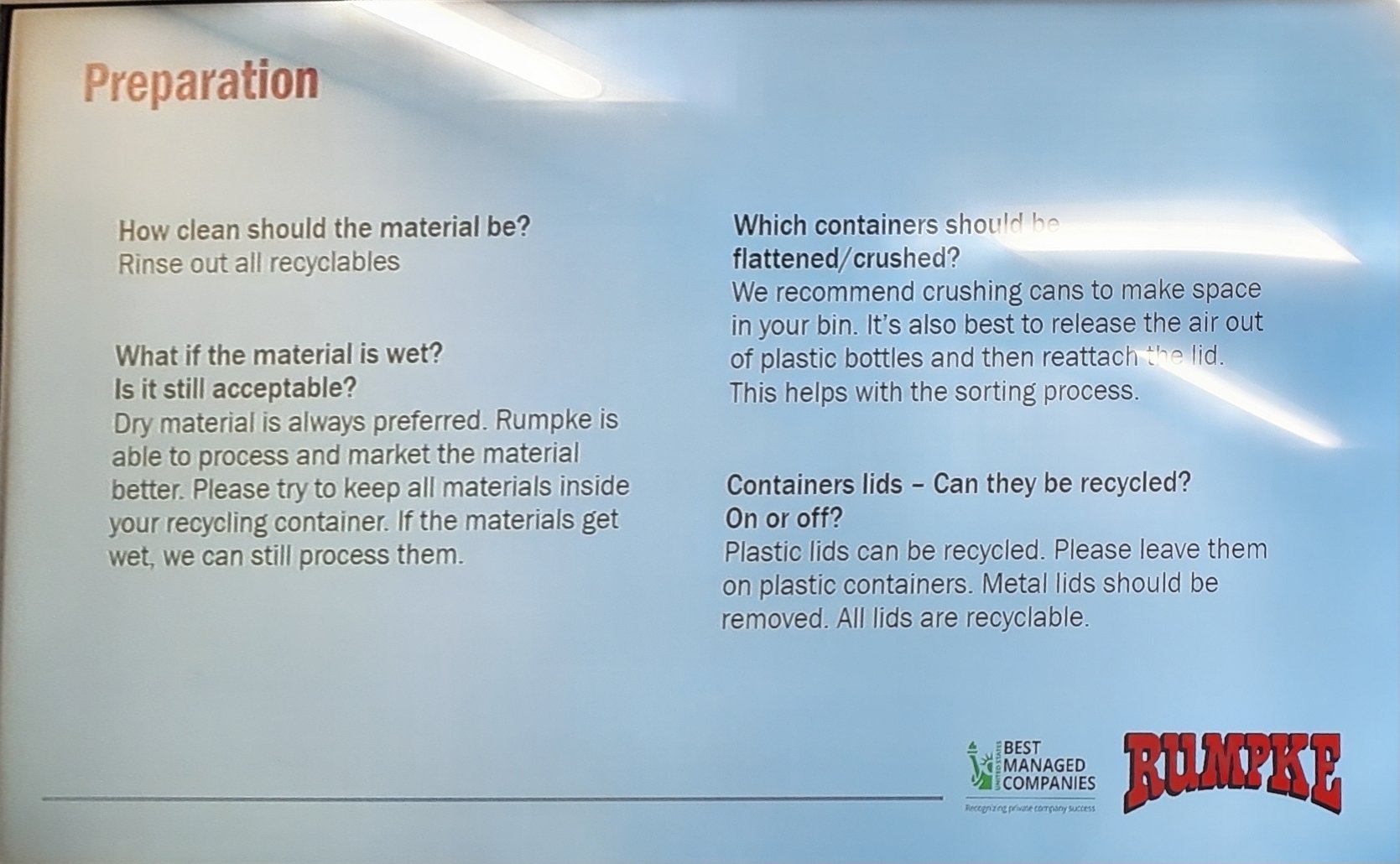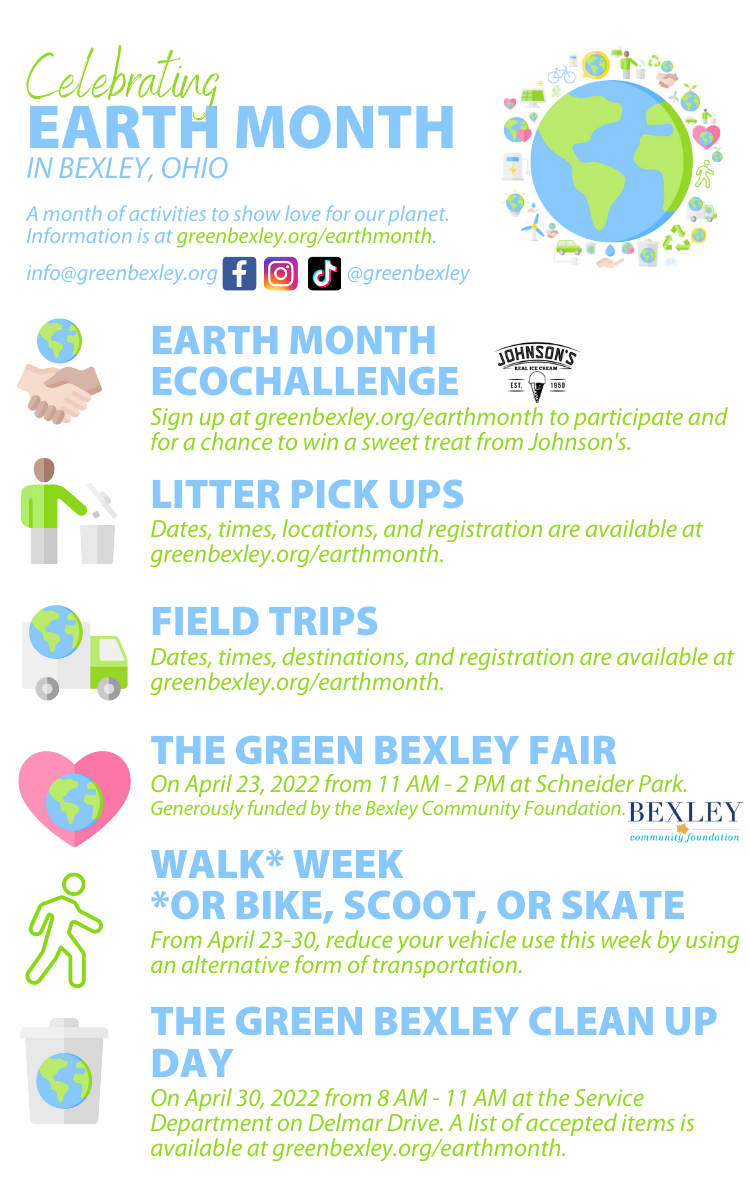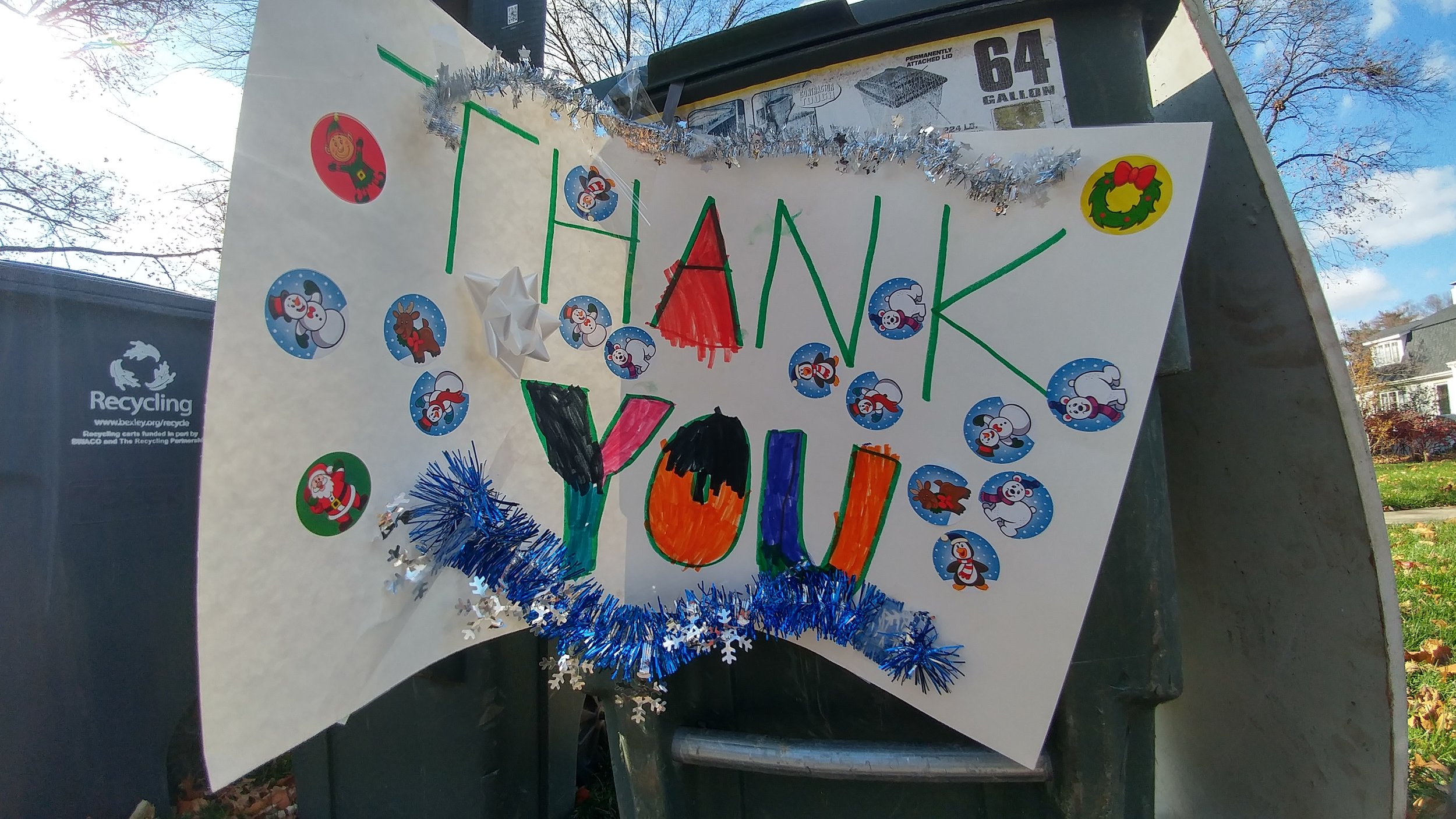I spend a lot of time thinking about what I discard. Everything I consume ends up somewhere, and somewhere is often the landfill (including plastics and paper, as they can only be recycled a handful of times before reaching a point of being unable to be further recycled).
As in years past, Plastic Free July® has served as the impetus for and perfect opportunity to examine my contributions to the waste system. So, inspired by Rob Greenfield, I collected (almost) everything I would have thrown away or recycled at home through the end of the month, at which point I sorted it to view the collective impact. While this process uses extra water to rinse some items, it is a great exercise to do every so often.
I was, in fact, grossed out by this project—by the amount of waste I generated, not the waste itself. Viewing what I accumulated in 31 days, and knowing that the average American generates 4-5 pounds of waste per day, and there are more than 300 million people in our country, and there are 8 billion people in the world, and having visited the Franklin County Sanitary Landfill where there is a whole lot of trash, but it is only one of 37 registered landfills in the state, I just don’t know what to make of it.
I was not plastic free this month, and I produced more waste than I'm comfortable with. But during this time I was reminded that waste plays a small part in a massive system of sustainability and despite being tangible, isn't the only indication of how green I am. The things I was thinking about this month ranged from "tofu has about 1/25th of the CO2 emissions of beef so it's probably better for the environment even if I have to purchase more plastic packages of it to keep me satiated" to "we're in a global sand shortage and glass has its own environmental impact meaning I don't have to feel horrible if I purchase olive oil in a plastic bottle" and even, "there's probably something to say about the efficiency of purchasing mass produced, bagged items like chips than me keeping my oven on low and slow." I wrestled with driving to the grocery store farther away so I could opt out of a receipt, whether or not it would be "okay" to purchase the avocados in a bag that might have otherwise gone to waste, and if I should leave my leftovers at the restaurant to be thrown out or use a styrofoam carton to take them home to finish. These are things we should be thinking about, but not in ways that stress us.
As almost all of my waste is related to food, this experience was a reminder to look for the most sustainable option of whatever it is I'd like to eat, while factoring in packaging as a portion of the overall footprint. Until it becomes easier to do a comprehensive life cycle assessment on everything I consume—consisting of the methods used in growing and production, how it arrived to my home, what it is packaged in, how much energy I will expend to cook it, how I'll discard it, and more—I'm recommitting to looking at my waste and lifestyle holistically in relation to environmental sustainability as a whole, to the best of my ability. These small nudges outside of my comfort zone help me take care of everyone else who lives on this planet with me, an do so in a way that I feel I can sustain.
I think the most sustainable thing we can do is continue learning, growing, and being inspired, and this experience helped me do just that.
Here’s my waste for the month, excluding that was placed in my food waste recycling bucket:
Items not pictured:
anything picked up by my vacuum
dryer lint
8 receipts that I left at restaurants
one straw
a to-go container that my friend used to take home my food
This blog post was written by Elizabeth Ellman, the City of Bexley’s Sustainability Program’s Coordinator.
